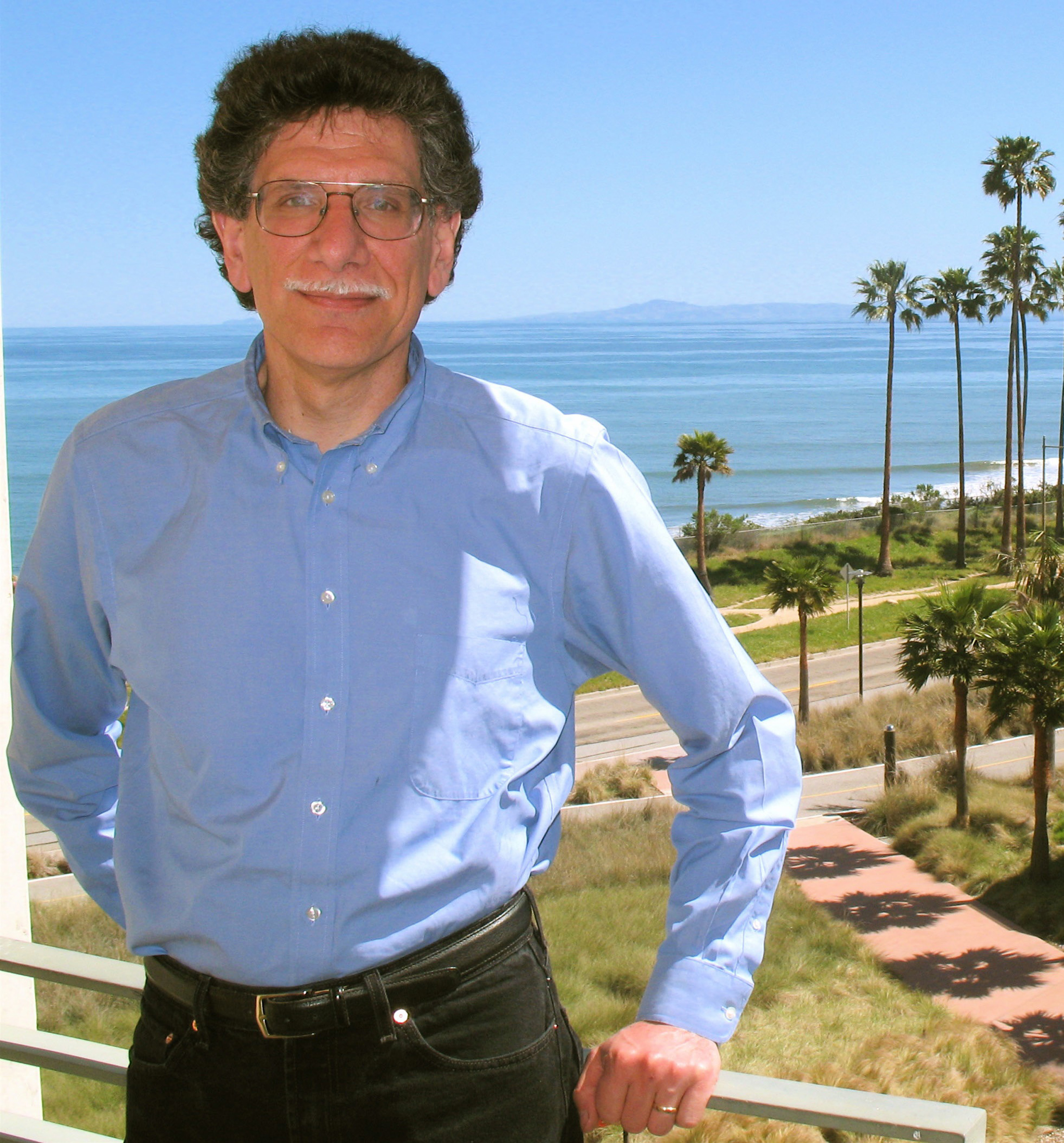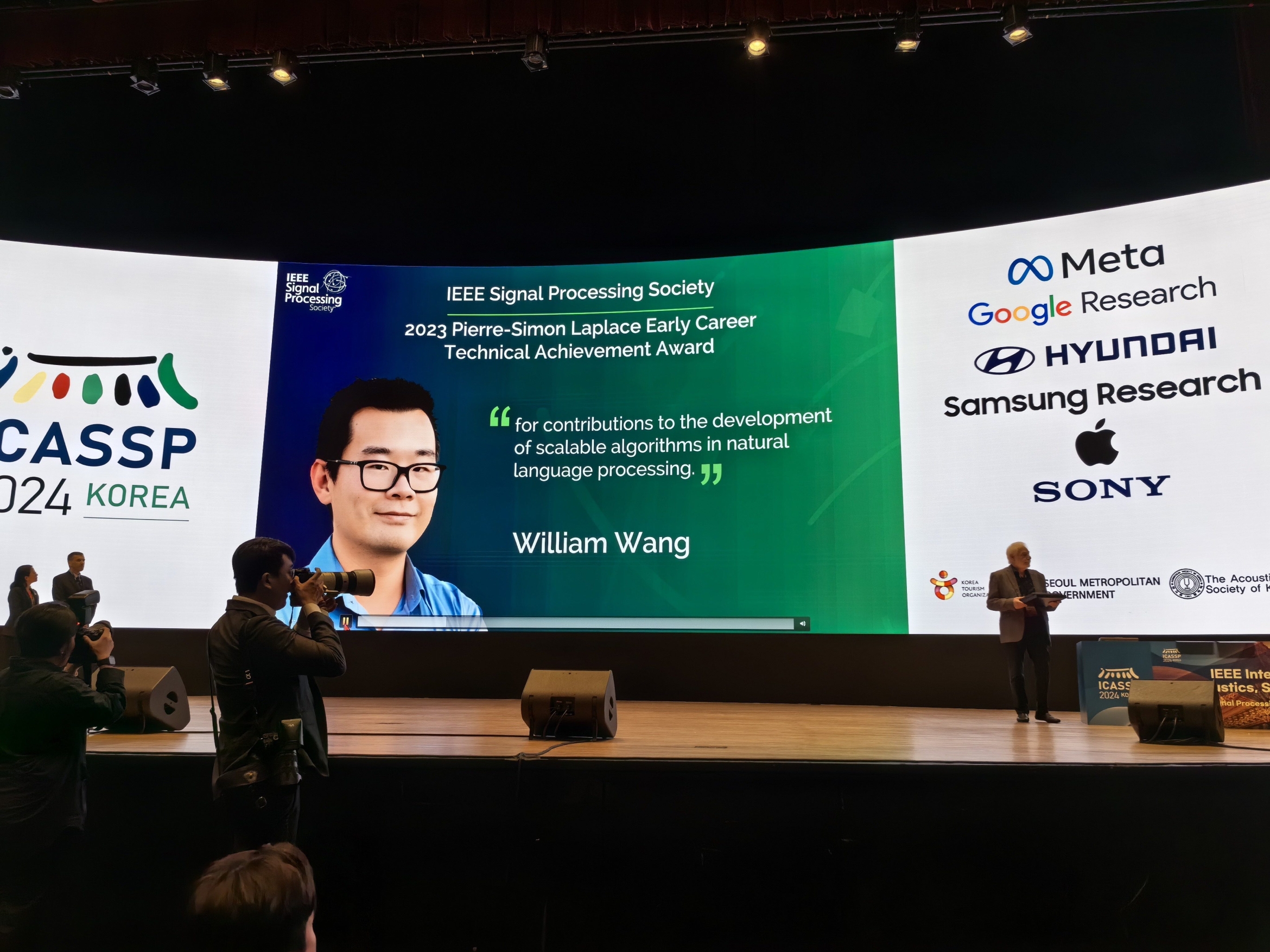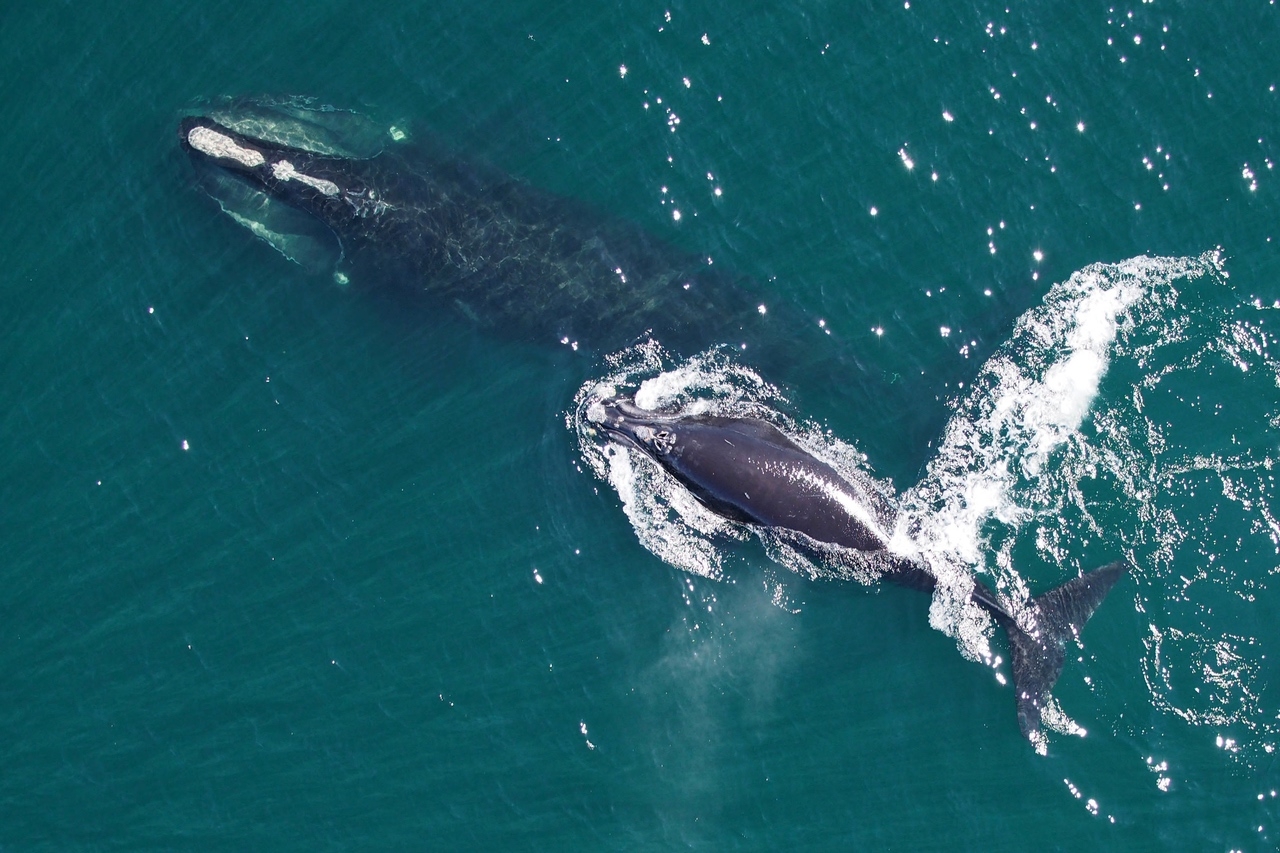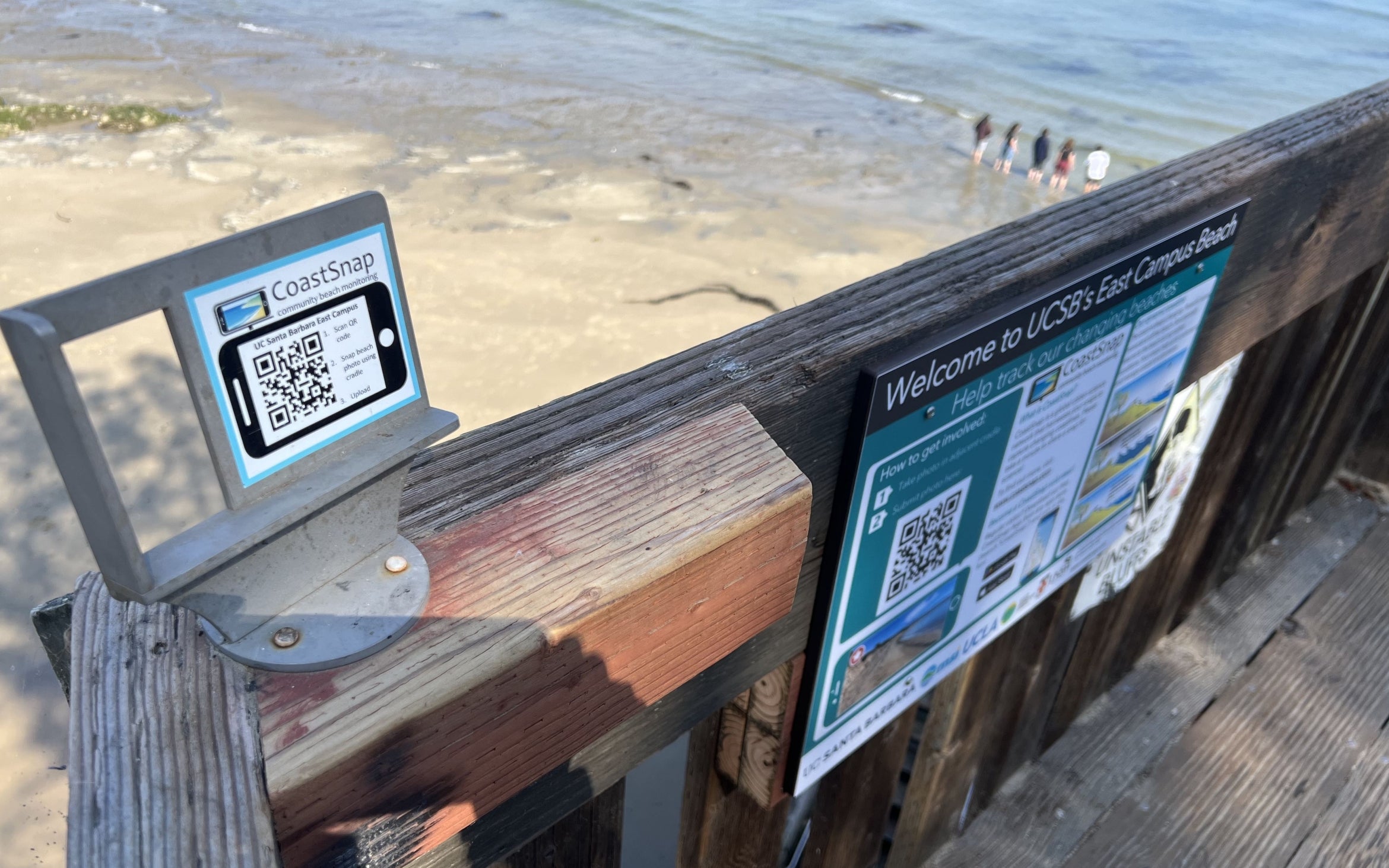
Earth Day and UC Santa Barbara's Environmental Studies program have a common thread: They share the same parent. Both were born out of the frustration and anger that followed the infamous Santa Barbara oil spill in 1969.
"Both grew from the spill," said Josh Schimel, professor and chair of the Environmental Studies (ES) program. "One of the things that grew out of that was environmental activism –– that's the Earth Day focus and the environmental movement. The other is the educational theme of students who wanted to study the environment, to make it a major academic endeavor and to transform the way we do academe."
UCSB's Environmental Studies program will celebrate its academic accomplishments and look to the future on Saturday, April 24, during a daylong symposium honoring its 40th anniversary. The event, titled "40 Years Later: Looking Back, Looking Ahead," will be held at Corwin Pavilion on the UCSB campus. Rep. Lois Capps will kick off the festivities with opening remarks at 9 a.m. After panel discussions at 9:30 a.m., 10:45 a.m., and 1 p.m., environmentalist and author Bill McKibben will speak on "Eaarth: Making a Life on a Tough New Planet," at 3 p.m. The 40th anniversary dinner will begin at 6 p.m., followed by keynote speaker Deb Callahan, president of The Heinz Center. She will speak on "The Ideal of Environmentalism: The Next Forty Years."
The symposium is open to the public and several of the events are free, though you must register to attend some of the panel discussions. To register, go to the department's web site, http://www.es.ucsb.edu/
"We're 40 years old and we're one of the biggest, oldest, most respected programs in the country," Schimel said. Now, the goal of ES is to take the program to the next level. "We've always been this kind of shoestring program. We've only got about seven and a half full-time faculty positions in the entire program. We have over 700 majors at the moment. What we're trying to do is expand that and build ES to be a stronger focal point for all environmental activity on campus."
According to Schimel, the movement to create an environmental studies program 40 years ago was really a movement to make academics in universities relevant. "To have a role in solving society's problems and in training people who would do that –– that's really what environmental studies is all about," Schimel said. "If you want to go and fix a specific environmental problem right now, you can give money to the Sierra Club, or to the Nature Conservancy. But if you want to train the people who are going to lead those groups, who are going to make those actions happen –– if you want to train leaders –– it's about environmental studies. We are the people who do that."
Schimel is proud of ES's strong ties to other programs at UCSB. "We have associations with English, Sociology, Political Science, Media Studies, Chemistry, Biology, and to Geology," he said. "One of the things that's really powerful about UC as a university is that we're not pigeonholed into 28 or however many different departments that don't talk to each other. We really function as a web, a very interactive web. And ES is very much at the center of that."
Related Links



